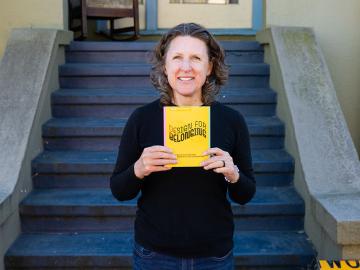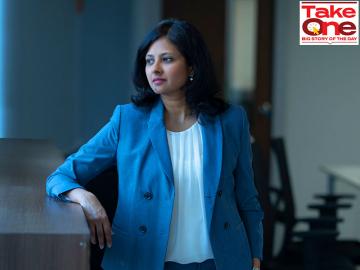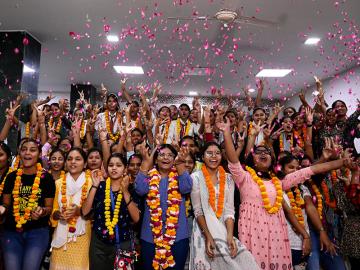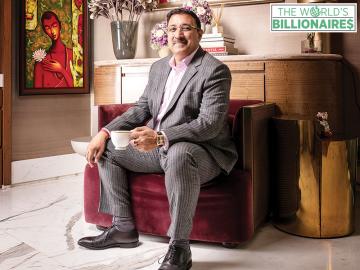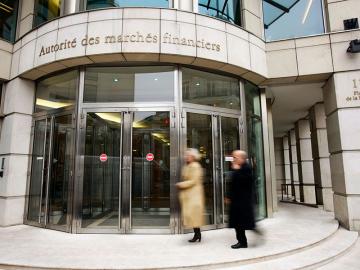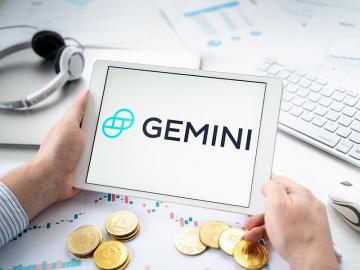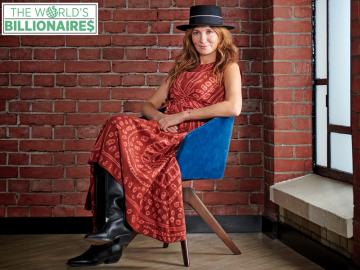What can Indian SMEs learn from Germany's hidden champions?
How these companies embraced innovation to take the lead in their markets provides lessons for small and medium enterprises (SMEs) everywhere
Image: Shutterstock
Flexi, the German manufacturer of retractable dog leashes, is now the global market leader in its niche. Nearly 50 years after that walk in the park, more than 200 million Flexi leashes have been sold to dog-lovers in over 90 countries. But this is not the success story of just one German company.
Indeed, while Germany is famous for its beer, its fast cars, and the Autobahn, it’s just as famous for small, successful, often family-owned companies just like Flexi. Because underneath beneath the beer foam and highway asphalt lies the bedrock of Germany’s economy: the so-called “hidden champions.” One HC employer captured the strategy well: “We will do only one thing, but we do it better than anyone else.” How these companies embraced innovation to take the lead in their markets provides lessons for small and medium enterprises (SMEs) everywhere.
Small sizes, big wins
Hidden champions (HCs) are not unique to Germany – approximately 2,700 can be found around the globe. However, according to Hermann Simon, the German management consultant who coined the term, nearly 50 percent of HCs are based in Germany. They contribute heavily to the nation’s economic wealth – more than one out of every two euros is generated by SMEs, according to the German Federal Ministry for Economic Affairs and Energy.
Despite their relatively small size compared to German corporates like Daimler or Allianz, HCs are masters in their segments and far beyond their own national borders. Take, for example, Utsch, a German manufacturer of secure vehicle license plates with sales revenue of over 35 million euros in 2018. The family-owned brand has about 400 employees worldwide, of which nearly half are in Siegen, Germany. Yet Utsch plates are on vehicles in more than 130 countries.
HCs usually position themselves in the premium segment, offering high-quality products and service alternatives to their market competitors. One such example is Lürssen, a globally renowned shipbuilder with nearly 150 years in the industry. Lürssen yachts are bespoke and exclusive. If you are lucky – and wealthy enough – to get your order for a Lürssen yacht accepted, you will be invited to directly interact with the shipbuilders as they build your majestic sea ride. Lürssen’s yachts are so coveted that in their first years on the water the price of a Lürssen yacht typically rises.
Old families, new partners
HCs tend to be family-owned companies of long standing – around 70 percent are more than 60 years old. Unsurprising then that the chatter around the family dining table now revolves around the challenges and opportunities of the modern digital era.
As wise old firms, these niche leaders have long learnt that they cannot achieve new competencies or develop new areas of expertise if they rely on their internal resources alone. That is why innovation is neither new to HCs nor a low priority. HCs typically invest an average of 6 percent of their annual revenues in research and development (R&D). In contrast, other German R&D companies typically invest half of that (3%). Festo, a German multinational HC in industrial control and automation, spends 8 percent of its revenues on R&D annually; the company has secured over 2,600 patents.
Similarly, HCs embrace strategic partnerships. Festo has set up its Bionic Learning Network, a research network linking the company to well-known universities, institutes, development companies, and private inventors. Strategic partnerships with a broad range of stakeholders helps Festo develop new products and processes for factory and process automation. Moreover, a large set of partners helps attract more talent, learn current trends, and connect to new potential customers.
Traditional products, modern models
HCs are also warming up to new organizational models, such as corporate startups or venture builders. These new organizational models allow the metaphorical elephant to dance. Most HCs are old and established firms. They choose intrapreneurship to facilitate innovation as opposed to trying to train 300 to 3,000 employees on Agile ways of working. Wagner Group is the world market leader for surface finishing, predominantly offering its wet and powder spray coatings in B2B markets from its headquarters in southern Germany. Seeking growth opportunities outside of its comfort zone, Wagner drew from its surface finishing technological expertise to develop a mobile spray gun that applies skin protection lotion flawlessly. The brand IONIQ became Wagner’s “beautiful” foray into the B2C cosmetic market.
Recognizing the imperative of digitalization in traditional manufacturing, Viessmann – a leading manufacturer of industrial heating and refrigeration systems – established the company builder wattx. Locating wattx some 450 kilometers away in Berlin’s vibrant startup scene, Viessmann channels more than 100 years of industrial know-how into building deep-tech products and companies for the industrial challenges of tomorrow.
Customer satisfaction, guaranteed
HC innovations are not always externally market driven. These companies also pride themselves in having intense relationships with their customers, so much so that even the top management is involved in customer conversations on a regular basis. With an ear always to the ground, the HC CEO can understand the changing demands of their customers, thus driving innovation internally, from the top.
Kärcher, for example, produces high-grade cleaning equipment from its headquarters in southwest Germany. Early on, company leaders realized that product flexibility and customizability were key drivers for customer satisfaction with their products and, in turn, their success. Kärcher has now developed its operations to produce 24,000 variants of high-demand products within 24 hours to meet specific customer demands.
Could a family-owned business based in Silvassa see similar success with its own innovation center 170 kilometers away in Powai, Mumbai? Why not! Managers of Indian companies and Indian SME business owners should realize that these German companies didn’t start off as global champions. Thus, Indian SME business owners can learn from their dogged commitment to customer service, their steadfast focus on their signature product lines, their willingness to experiment with new organizational structures, and the premium they place on R&D and innovation. While most of these firms export only tangible goods, all hidden champions also export lessons to SMEs across the world.
Bianca Schmitz is a director of leadership development programs at ESMT Berlin and has been one of the founding directors of the Hidden Champions Institute (HCI). She is also responsible for establishing new international alliances with other business schools, institutions, and networks. Her research has been published in journals such as Industrial Marketing Management and Journal of Family Business Management. Beyond academic research, Bianca has published numerous case studies and managerial articles on hidden champions and digital transformation. Affiliated to the Bringing Technology to Market Center, she is currently working on two research topics: “bringing digital offerings to industrial markets” and “corporate governance in times of deglobalization.” Write to her at bianca.schmitz@esmt.org.
Aparajith Raman works as a management consultant and is a teaching assistant at ESMT Berlin, where he also earned his MBA. Prior to that, he held several leadership roles across microfinance institutions, non-profits, and social enterprises. He has expertise in the financial services sector in India. Write to him at aparajith.raman@mba2020.esmt.org.
Check out our Festive offers upto Rs.1000/- off website prices on subscriptions + Gift card worth Rs 500/- from Eatbetterco.com. Click here to know more.
[This article has been reproduced with permission from ESMT. Views expressed are personal.]
Post Your Comment

